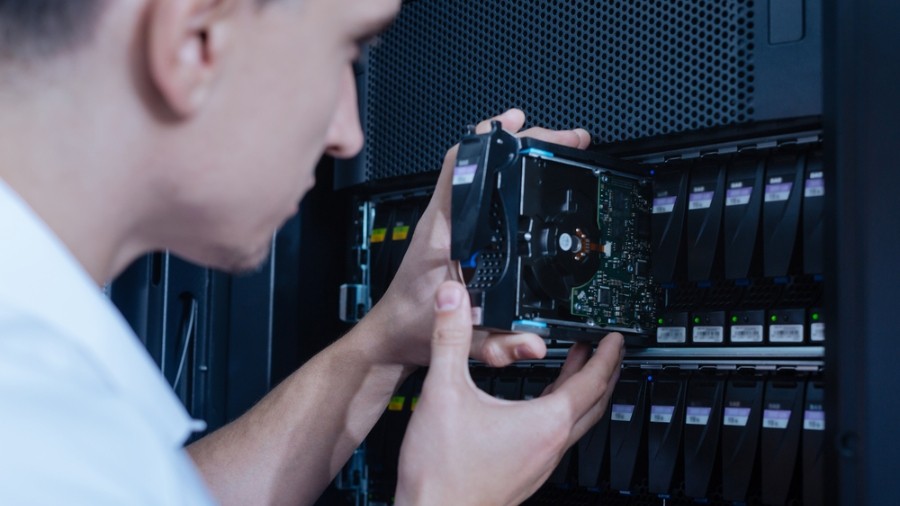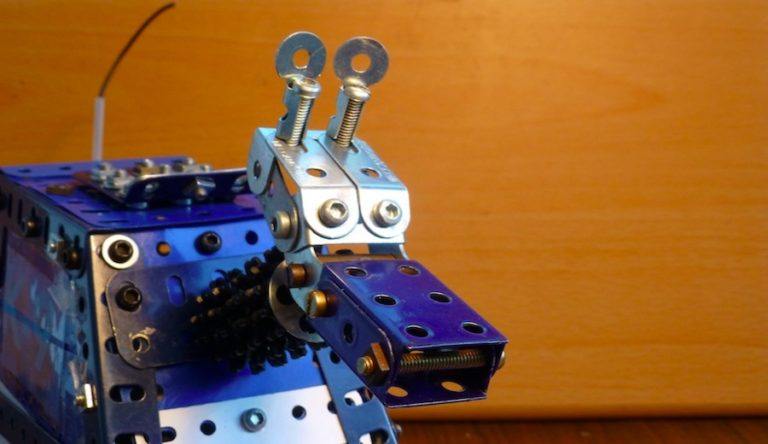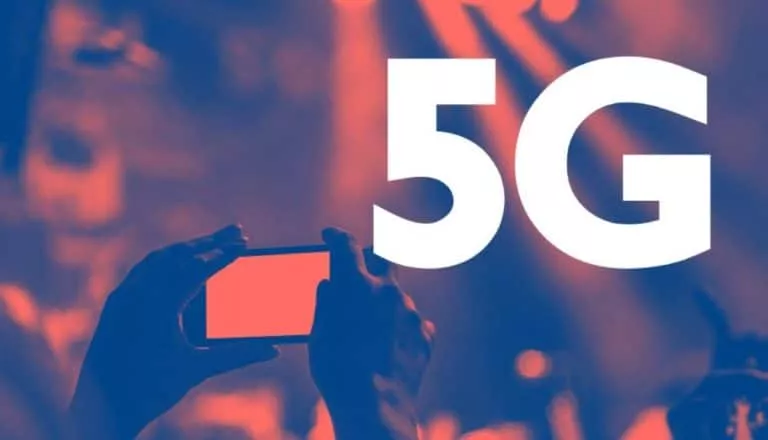‘Universal Memory’ Could Be The Perfect Data Storage Device For Your PC

Researchers have developed and patented a new type of computer memory that holds the key to solving the energy crisis that is rising with the progress of digital technology.
The new electronic memory device, dubbed as “Universal Memory,” is the perfect storage device that overcomes the limitations of current storage methods with its ultra-low energy consumption.
The Need For Better Data Storage
Energy savings from electricity efficient appliances in households aren’t sufficient to compensate for the overall power requirement.
By 2025, the incoming slew of data is expected to consume a fifth of global electricity while the number of computers and gadgets continue to increase. This is why we need low power consuming storage methods.
At present, the ‘working memory’ of computers, Dynamic Random Access Memory (DRAM) is used widely because it is quite fast and low-energy consuming.
However, it has its own drawbacks too. The data stored in DRAM is volatile and requires continuous ‘refreshing’ to retain it — which is clearly an inconvenient and inefficient method.
Flash storage, on the other hand, isn’t any better. While they store data for a longer period, writing and erasing it is slow. So it consumes more energy and deteriorates with time, which makes it a less desirable option.
Universal Computer Memory
Universal Memory combines the advantages of both DRAM and flash storage without their drawbacks. It can robustly store data that for a long period of time “predicted to exceed the age of the Universe.”
And here’s the best part — “it can record or delete data using 100 times less energy than DRAM.”
The researchers used quantum mechanics to avoid the trade-off between stability, long-term data storage and low-energy writing/erasing.
Finding the perfect balance between stable storage and energy consumption is like achieving the “Holy Grail” of computer memory.
In fact, the new computer memory is expected to immediately reduce peak power consumption in data centers by one-fifth. It could also help those computers which do not need to boot up, go into an energy-saving sleep mode instantaneously — even between key strokes.
If implemented successfully in the future, Universal Memory can replace the $100bn market for DRAM as well as flash drives.
Also Read: This Alexa Tool Detects Cardiac Arrest By Listening To Your Breathing






